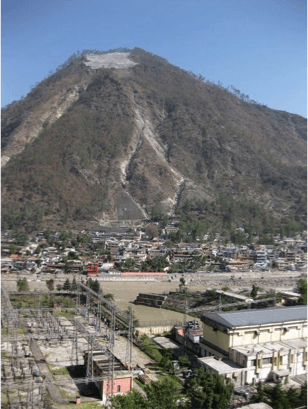Ecology and the Himalaya
IS 8277 – UENV 3707
Instructor: Georgina Drew
4:00-5:50 Tuesdays
66 West 12th Room 405
Overview
Join us for an interdisciplinary seminar that engages the key issues and debates on the state of Himalayan ecologies and the human-nature interactions that influence resource management strategies. The aim of the course is to encourage the exploration of environmental challenges while addressing the complex social and cultural practices that inform, and/or deter, efforts to promote sustainability and human resilience in the face of rapid ecological change. Students will have the opportunity to pursue their own areas of interest in this course and to identify or expand upon areas for future research and writing. The course is cross listed in environmental studies and global studies and is open to students of diverse disciplinary backgrounds.
Course Context
This course is linked with an initiative on Everyday Religion and Sustainable Environments in the Himalayas (ERSEH) that is coordinated by the The New School’s India China Institute. The initiative, chaired by Ashok Gurung, is in collaboration with the departments of Environmental Studies, Religious Studies, Global Studies, and the Parsons School of Design. Inquiries that ERSEH asks include: What does “sustainability” mean in, and for, the Himalayas? How do ecological interconnections, social systems, and politics constitute and transform the “Himalayas”? What role does everyday religion have on human interactions with the environment?
Instructor
Dr. Georgina Drew is a postdoctoral scholar for the India China Institute’s initiative on Everyday Religion and Sustainable Environments in the Himalayas. Her work at the institute builds upon her doctoral studies and her extensive research activities in the Indian and Nepali Himalayas.
